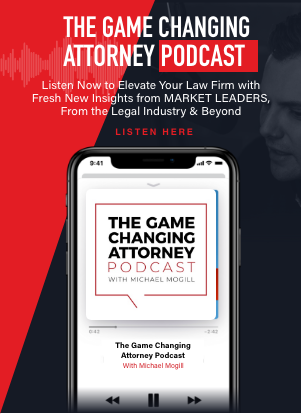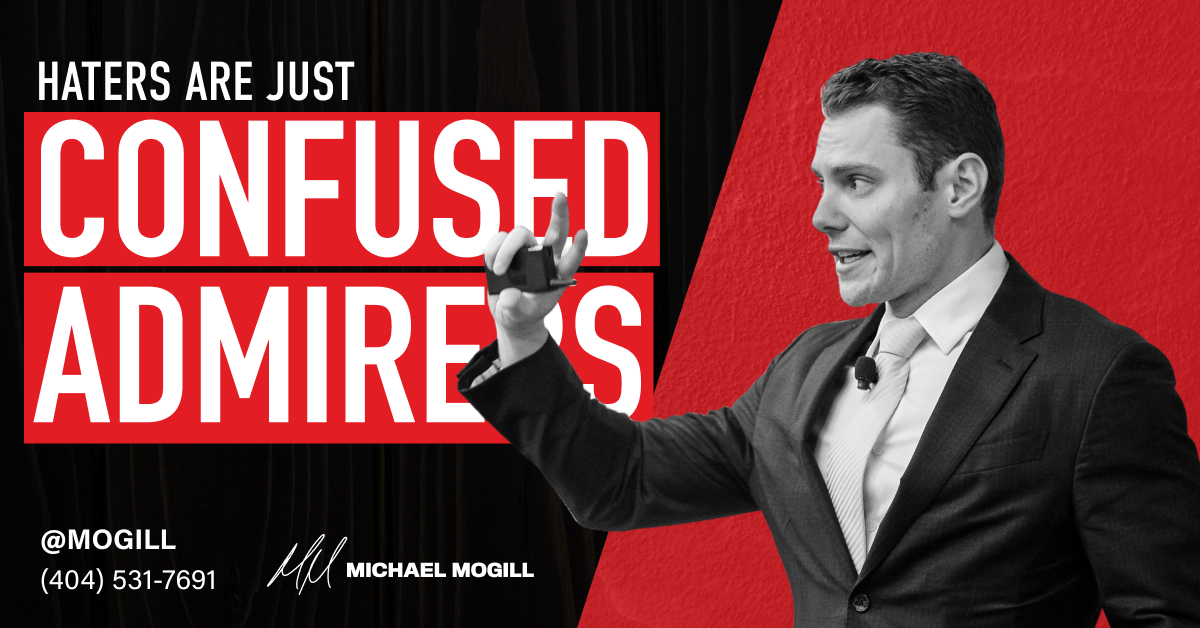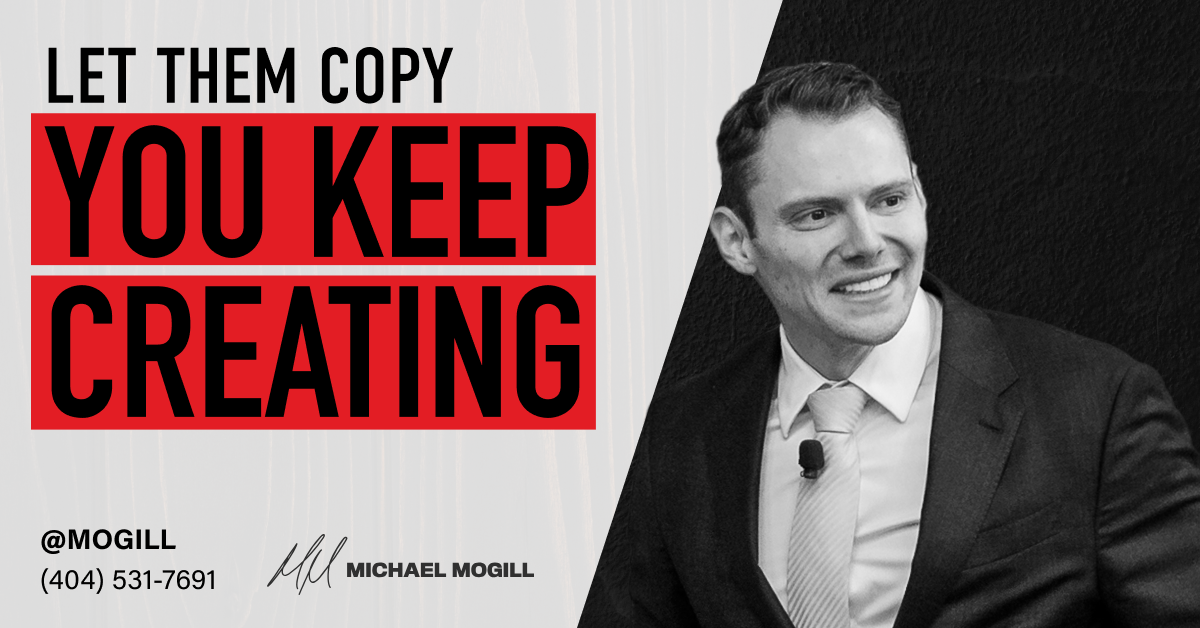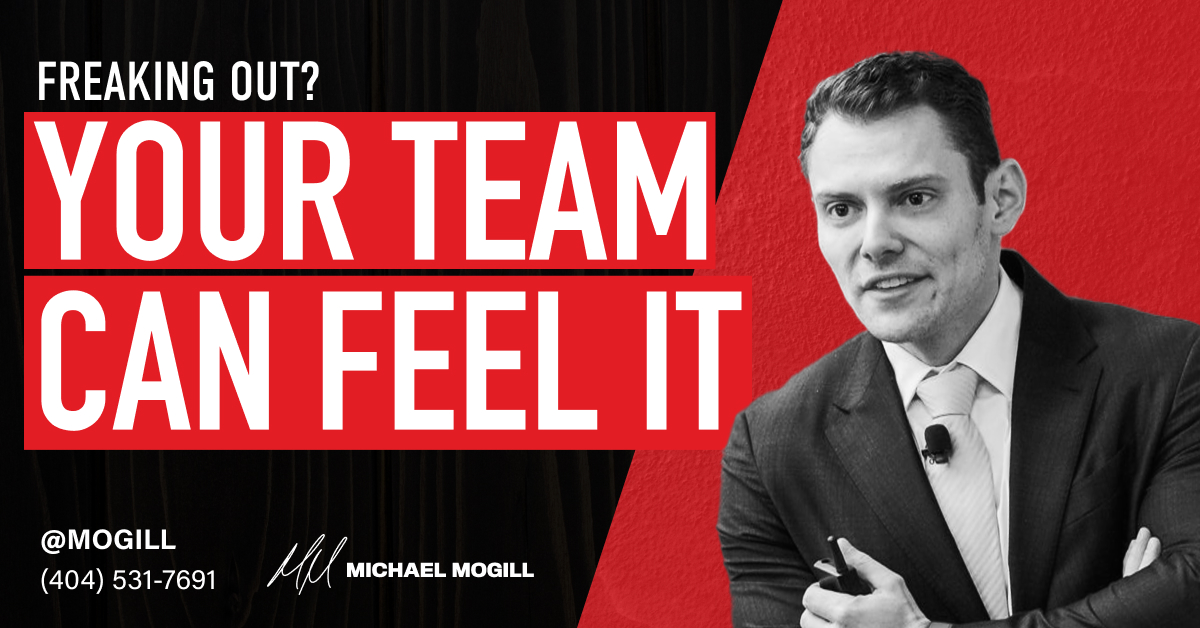The biggest difference between amateurs and professionals isn’t talent, experience, or even intelligence. It’s emotional regulation.
In the early days of Crisp, when I was a new CEO, I used to let the day dictate how I felt and acted. If someone wronged me or if something unexpected blindsided me, I would let my negative emotions take over. A bad email or a broken deal was enough to derail an entire day. Sometimes, I’d even vent online by posting passive-aggressive quotes on social media.
Did that make me feel good for a few moments? Maybe. But did it grow my business? Absolutely not. Did it build trust with my team? Absolutely not. Did it position me as a strong, dependable leader? Of course not.
It did the opposite.
Reacting impulsively makes you look emotional, unpredictable, and reactive — none of which are characteristics of a leader people would want to follow, but rather of a leader whose judgments swing wildly with their mood.
Of course, professionals still feel emotions to their full extent — anger, stress, frustration, disappointment — but the difference is, they don’t let those emotions dictate their behavior in the moment. Amateurs do.
If you’re emotionally charged, your brain isn’t operating at its best. Logic takes a back seat. When you fail to recognize you’re in that state and proceed to make decisions, you’re almost guaranteed to regret them. As they say: “Speak when you are angry and you will make the best speech you will ever regret.” Substitute anger with any other negative and flustering emotion, and the saying still holds.
That’s why I started operating by the 24-hour rule.
When something frustrates me, I don’t respond right away. Instead, I take 24 hours (or 12, or six, or however much I can afford to take) to calm my mind and act from a more regulated state. Sometimes, I even draft a response, but don’t send it. Unsurprisingly, in most cases, I reread the message on a clearer head and feel thankful I never sent it.
As a leader, your reactions set the tone for your entire organization. You’re supposed to be the calm in the storm they can rely upon and feel protected by. If you fly off the handle, everyone will walk on eggshells, distrusting you.
If you let stress consume you, your team will internalize it. If you make rash decisions, your business pays the price.
But when you stay calm, collected, and deliberate, you build confidence. People will know they can rely on you to lead them through challenges without losing your cool. That’s real leadership.
This doesn’t mean you suppress your emotions or pretend they don’t exist. It means you manage them. You acknowledge the frustration, the stress, or the anger, but choose not to act on it until you’re in a better state of mind.
It’s also worth keeping in mind that most of the time, our triggers aren’t as big a deal as they feel in the moment. Sometimes the “dagger” you think someone threw at you was just a misunderstanding. Sometimes the thing that pissed you off wasn’t intentional. If instead of reacting right away you simply try asking “What did you mean by that?” you’ll be surprised how often the answer will differ from your perceived intention — and just like that, the whole conflict will evaporate.
The bottom line is, if you want to grow as a leader, you have to learn to pause. Stop letting your emotions hijack your decision-making and learn how to self-regulate.
Amateurs react. Professionals regulate.
And the leaders who can regulate their emotions — who can pause, reflect, and respond with clarity — are the ones who earn trust, build stronger teams, and grow businesses that last.






